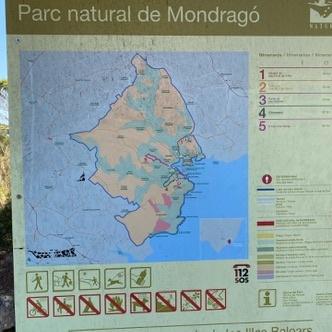What measures are in place during Mallorca’s wetter winter months to store and conserve water?
Similar Topics
mallorca water conservation
winter water storage
water reservoirs mallorca
recycled wastewater irrigation
water-saving practices
water leakage reduction
natural aquifers protection
sustainable water supply
During Mallorca’s wetter winter months, several measures are implemented to store and conserve water effectively, ensuring availability during the dry summer season. The island relies heavily on a network of reservoirs strategically placed in various parts of the mountainous interior. These reservoirs collect and store the abundant rainfall that occurs between October and March, capturing water that would otherwise run off into the sea. This stored water is then carefully managed to supply both residents and the agricultural sector, which is vital for the island's economy.
In addition to reservoirs, Mallorca also employs modern water treatment facilities that recycle wastewater. This reclaimed water is primarily used for irrigation, reducing the demand on freshwater supplies. The local government and water authorities have also invested in advanced infrastructure to minimize leakage and optimize distribution, which further helps conserve the precious resource. Measures promoting water-saving practices among residents and businesses complement these physical structures, encouraging mindful usage throughout the year.
Efforts to protect natural aquifers play an important role in Mallorca’s water conservation strategy as well. The island’s karstic geology allows rainwater to seep naturally into underground reservoirs, which act as natural storage systems. Maintaining the health of these groundwater sources through environmental regulations ensures a sustainable water supply for the future. Together, these combined systems and policies reflect Mallorca’s proactive approach to managing its water resources efficiently, allowing the island to thrive despite its seasonal variations in rainfall.
In addition to reservoirs, Mallorca also employs modern water treatment facilities that recycle wastewater. This reclaimed water is primarily used for irrigation, reducing the demand on freshwater supplies. The local government and water authorities have also invested in advanced infrastructure to minimize leakage and optimize distribution, which further helps conserve the precious resource. Measures promoting water-saving practices among residents and businesses complement these physical structures, encouraging mindful usage throughout the year.
Efforts to protect natural aquifers play an important role in Mallorca’s water conservation strategy as well. The island’s karstic geology allows rainwater to seep naturally into underground reservoirs, which act as natural storage systems. Maintaining the health of these groundwater sources through environmental regulations ensures a sustainable water supply for the future. Together, these combined systems and policies reflect Mallorca’s proactive approach to managing its water resources efficiently, allowing the island to thrive despite its seasonal variations in rainfall.
🧩 Related Questions
Related Question
How reliable is the bus service to Lluc Monastery during Mallorca’s off-peak season?
Related Question
How did carob seeds influence the development of trade routes in the Mediterranean region?
Related Question
How do the patterns and designs of the stone walls reflect Mallorca’s unique rural architecture?
